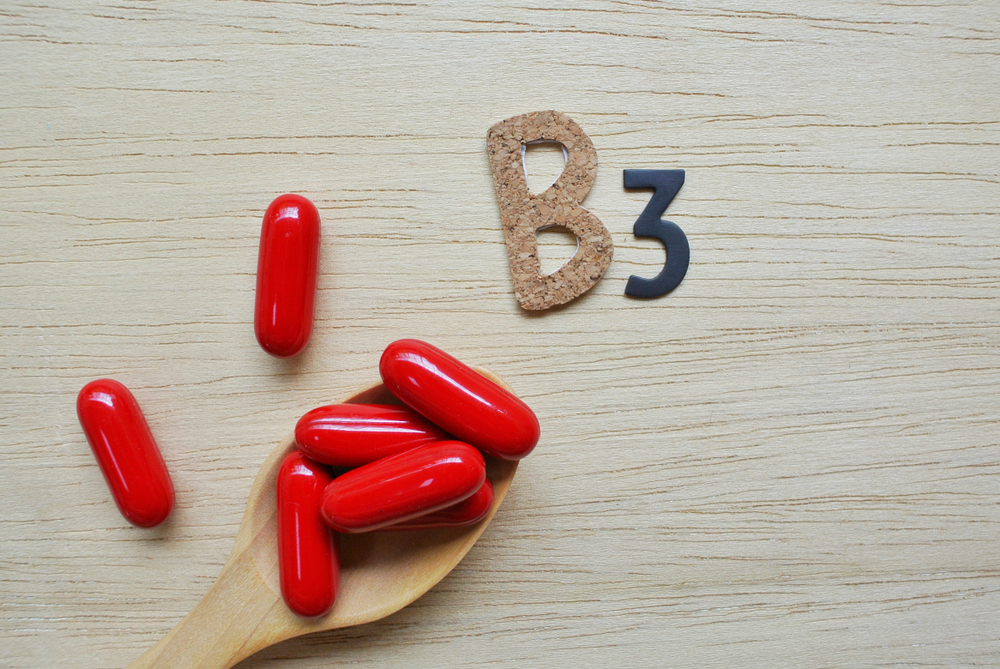Health and Nutrition
B Vitamin Deficiency? Foods Rich in B1–B12 to Boost Energy, Brain, and Nerve Health
Learn the signs of B vitamin deficiency and discover which everyday foods can naturally restore your levels
 (Photo: Shutterstock)
(Photo: Shutterstock)If you’ve recently discovered a deficiency in B vitamins, you’re not alone. While your doctor may recommend B-complex supplements or injections, you can try adjusting your diet to include foods rich in these essential nutrients.
Of course, before making any changes, it’s important to consult your doctor for a tailored treatment plan.
There are eight essential B vitamins, each playing a crucial role in supporting metabolism, boosting the immune system, promoting healthy bones, and maintaining overall wellness.
Vitamin B1 (Thiamine)
B1 is vital for nerve, muscle, and heart function. A deficiency can lead to serious health issues.
Foods rich in B1: Legumes, eggs, whole grains, almonds.
Vitamin B2 (Riboflavin)
B2 helps the body metabolize fats, proteins, and carbohydrates into usable energy.
Sources include: Egg yolk, tuna, salmon, and leafy green vegetables.
Vitamin B3 (Niacin)
Vitamin B3 comes in two forms — niacin and niacinamide, and supports mitochondrial energy production, which fuels your cells.
Good sources: Brown rice, peanuts, sweet potatoes, nuts and seeds (especially chia seeds), avocado, green peas.
Vitamin B5 (Pantothenic Acid)
B5 is essential for converting food into energy and helps the liver break down toxins.
Found in: Meat, fish, dairy products, egg yolk, and peanuts.

Vitamin B6 (Pyridoxine)
B6 supports healthy brain and nerve function.
Rich food sources: Potatoes, bananas, poultry, tuna, salmon, pistachios, nuts, seeds (especially chia), and chickpeas.
Vitamin B7 (Biotin)
Also known as Vitamin H, biotin helps enzymes process proteins, fats, and carbohydrates, and is essential during pregnancy for fetal development.
Found in: Salmon, avocado, eggs, sunflower seeds, chia seeds.
Vitamin B9 (Folate)
B9 is key for the development of healthy nerve cells. Folic acid, the synthetic form, is especially important during pregnancy and may help reduce the risk of autism in babies.
Sources include: Green peas, eggs, beans, lentils, avocado, chicken, nuts.
Vitamin B12 (Cobalamin/Cyanocobalamin)
B12 is critical for brain, nerve, and blood cell function. People who avoid meat are at higher risk of B12 deficiency.
Found in: Fish, eggs, dairy products, meat.
A balanced, nutrient-rich diet can go a long way in preventing and treating B-vitamin deficiencies. Focus on whole, unprocessed foods and speak with your healthcare provider about any persistent symptoms.

